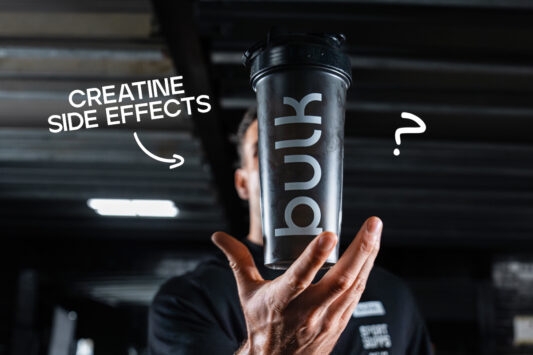The ultimate goal for any trainer is to get the most out of ones gym session in the shortest time. That’s not to say we don’t or shouldn’t enjoy our training, far from it! But simply to make sure each workout does what it needs to, with each and every rep playing its part in sculpting a worthy physique. After all, we all have busy lives, work to pay the bills and families to look after, making time a more and more precious commodity. Not to mention the common theory that one cannot perform for longer periods of time (or becomes counterproductive) for more than say 45-60 minutes.
Whenever I train, there are always certain things that spring to mind – Am I getting maximum range of movement? (ROM) – Can I fully control the weight being used? – Am I achieving the desired amount of time under tension? (TUT). Then there’s the most famous four letter word going (well in gyms anyway!) – Form, form, form! Let’s face it. We have all seen ‘that guy’ down the gym, swinging weights around, doing reps at about 30% of what a proper one should be, and basically wasting their time.
Let’s take each one of these points and examine them.
The Weight
Now, everyone has differing opinions on what they think ‘too heavy’ actually is. My answer, and something that has become a bit of a mantra for me when choosing the correct weight is ‘As heavy as I can with perfect form’. Now this doesn’t mean you should suddenly halve whatever weight you were currently using, but more a thing to bear in mind. I often use techniques like rest-pause (taking a moment within a set to grab a mini rest whilst still holding the weight) or using a slight bit of momentum to grab an extra rep or so at the end of the working set.
Time Under Tension
This basically means how you control the weight. Not letting momentum do all of the work, especially incorporating muscles that have nothing to do with the set in question! Keeping the muscles fully engaged with the weight. No more so than on the negative (or eccentric) part of the rep.
The Negative (Eccentric)
This really sums up what I mean by the economy of effort, and cannot stress it enough whenever I have trained someone. I like to call it the ‘free’ part of the exercise. When you think about it, the effort you have put in to raise the weight (or body) performing a set, why waste it? When you essentially are getting the subsequent part for free? Make the most of it! Especially at the end of a set, before bringing the weights to a complete rest.
Range of Movement (ROM)
There are quite a few conflicting opinions on this. Some people like to restrict this, with a view of keeping more tension on the muscle, almost ‘locking’ it in place (also not locking out the joints) and whilst this is true (well, the joints part anyway) my opinion is that the longer the range of movement the more facets of the muscle can be stimulated. I also remember speaking to a guy at my gym years ago and I mentioned to him after he had performed a set (of dumbbell shoulder press I think) and I asked ‘Why do you go so slow and so deep?’ to which he replied ‘To break as many muscle fibers as I can’. This has stuck with me ever since.
Whenever I sit down to write out my next training routine it will always be focused on the body part I want to concentrate on the most. Either as a lacking muscle, or simply a muscle group that I may feel had been slightly neglected for a while. Due to this, I always change them every 6-8 weeks to avoid getting stale with the current exercises.
I will normally start with the ‘biggest’ exercise first (i.e. squats, bench press etc.) and usually the chosen body part that I wish to focus on. I normally go with one ‘big’ exercise for the chosen muscle group, then two or three ‘smaller’ ones that are usually higher reps. I feel doing this really compliments the first, heavy movement and also ‘covers all bases ‘ regarding what the actual optimum range should be in terms of volume etc. Generally the rest gaps become smaller as the session progresses.
For me, how I train can simply be put as ‘getting the job done’. And that includes the free stuff too!
About the Author
Matt Argall, a BULK POWDERS® sponsored athlete, is a 2-time British natural bodybuilding champion. Matt has a wealth of training and competitive experience behind him and is known for his consistency and his precise approach to weightlifting. Unlike many bodybuilders, he is in shape year round.
















